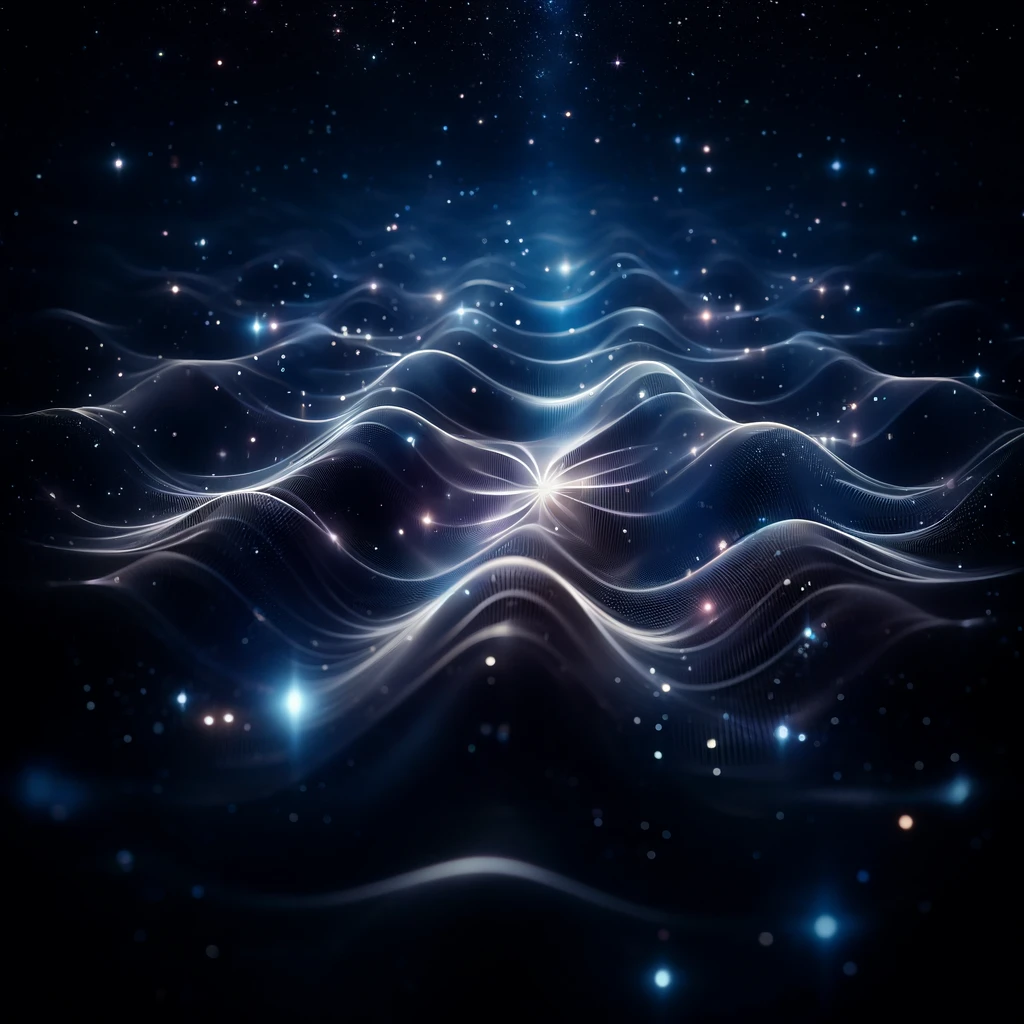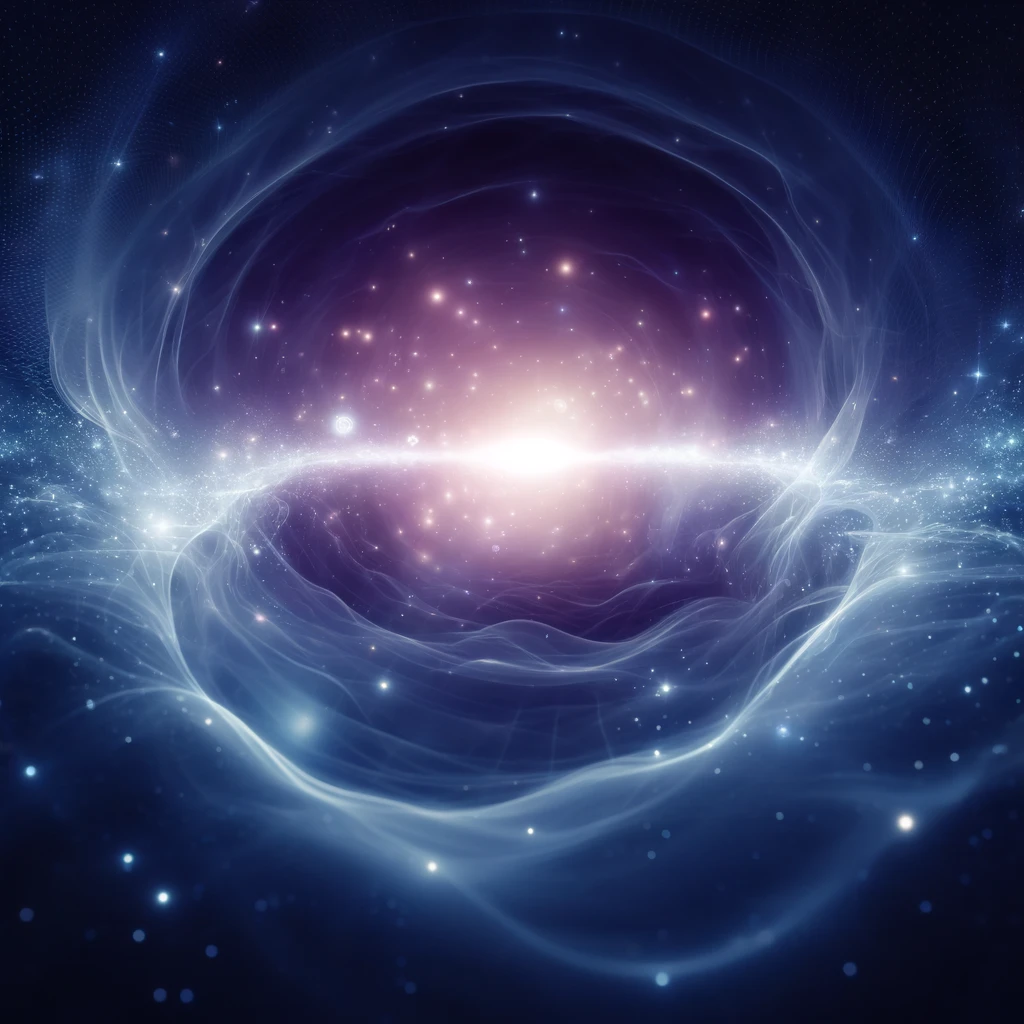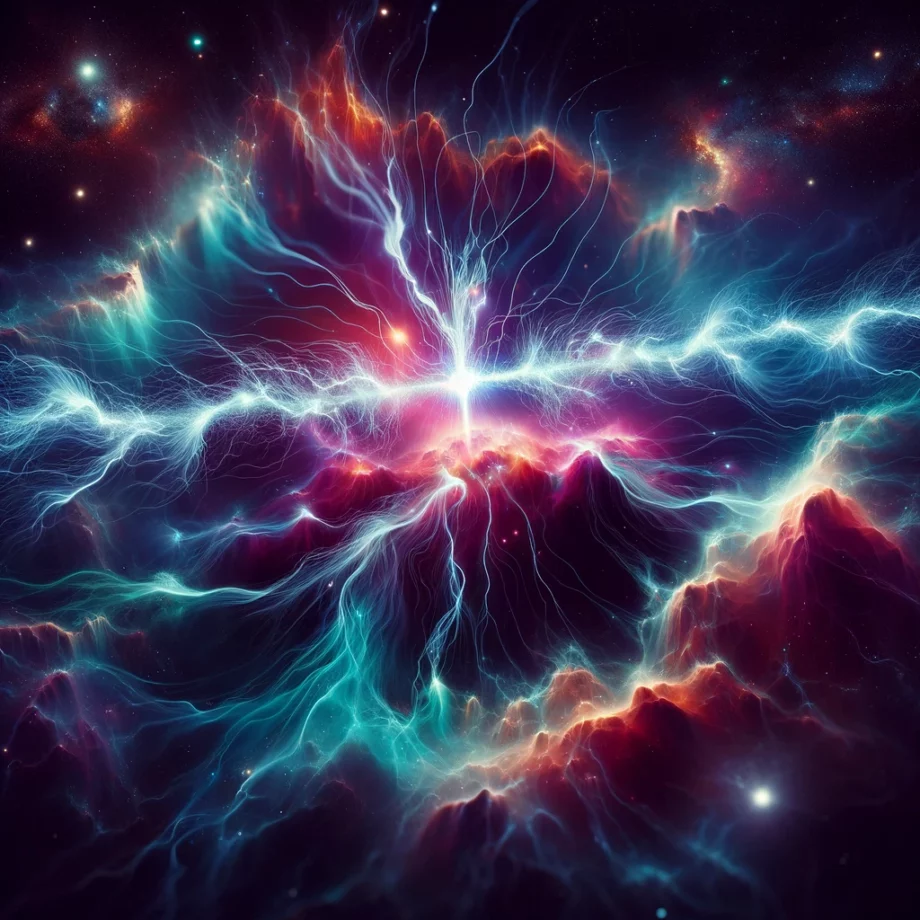Understanding vacuum energy:

In the vast expanses of the cosmos and at the smallest scales of quantum mechanics, an intriguing concept called “vacuum energy” plays a crucial role. Unlike the everyday vacuum that might come to mind—a space devoid of matter—the quantum vacuum teems with fleeting particles and antiparticles, continuously forming and annihilating. This article delves into the nature of vacuum energy, exploring its theoretical underpinnings and the profound implications it holds for both physics and cosmology.
What is Vacuum Energy?
Vacuum energy is an intrinsic background energy that exists in space even when it is devoid of any matter or radiation. This phenomenon arises from the principles of quantum field theory, which posits that fields, not particles, are the fundamental elements of the universe. In this framework, the “vacuum state” is defined not as an empty void, but as the lowest possible energy state of these fields.
At the quantum level, particles exist in a state of constant fluctuation, briefly coming into existence before disappearing. These particles, known as virtual particles, contribute to the vacuum energy, making the vacuum a dynamic and active state. Despite their transient nature, virtual particles can exert real forces, as evidenced by phenomena such as the Casimir effect, where two close, uncharged conducting plates attract each other due to the modulation of vacuum energy between them.

Theoretical Background:
The concept of vacuum energy is intimately linked with Heisenberg’s Uncertainty Principle, which states that the more precisely the position of some particle is determined, the less precisely its momentum can be known, and vice versa. This principle suggests that at any point in space, the energy and duration of these virtual particles’ existence are inherently uncertain, leading to constant fluctuations in energy.
Moreover, the existence of vacuum energy has been inferred through its gravitational effects in the context of cosmology. According to Einstein’s theory of general relativity, energy curves spacetime, and thus vacuum energy is expected to have a gravitational effect despite its elusive nature. This leads us into the realm of dark energy, which is thought to be a form of vacuum energy that is driving the accelerated expansion of the universe.

Implications and Challenges:
The concept of vacuum energy presents several theoretical and experimental challenges. One of the most significant is the “cosmological constant problem.” Theoretical calculations predict that the vacuum energy density should be enormously large, yet observational data from cosmology indicates it is incredibly small. This discrepancy remains one of the major unsolved problems in theoretical physics.
Furthermore, vacuum energy has implications for the fate of the universe. If vacuum energy indeed acts as a cosmological constant, it could mean that the universe will continue to expand indefinitely at an accelerating rate. However, if the nature of this dark energy changes over time, it could lead to different scenarios, including a possible contraction of the universe.
Vacuum energy encapsulates some of the most puzzling and fascinating aspects of modern physics. It challenges our understanding of the universe at both the cosmically large and quantumly small scales. As research continues, with experiments both in space and at particle accelerators, we hope to uncover more about this mysterious energy and its role in the cosmos. For now, it serves as a powerful reminder of how much remains to be discovered in the quest to understand the fundamental nature of reality.
